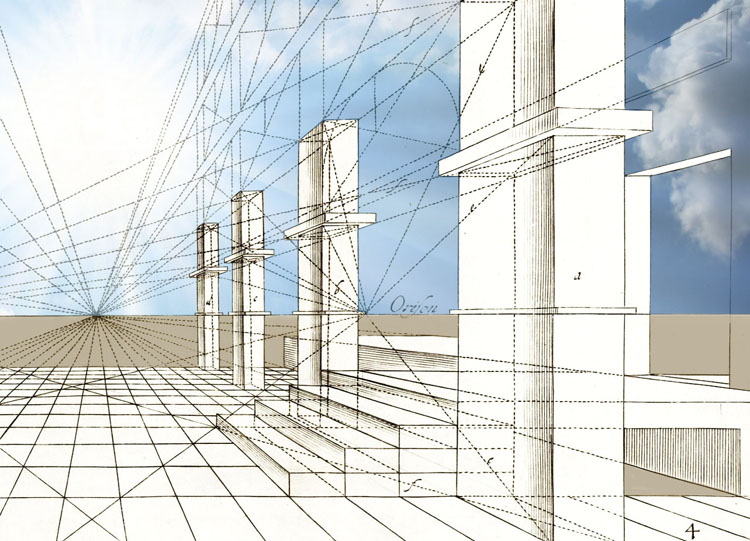Dizziness is a psychophysiological state tied to confusion and the mental processes of understanding, with a possible ontological component, if it makes sense to talk about ontology. There are many variations. You have just come to grasp a basic principle, a unity that breaks down barriers between the disparate things before you, and can see it, in the totality of its relevance, racing endlessly to comprehend them. Or you see the unity, but it careens off the walls of all the things it does not comprehend and scatters everywhere beyond them, while the things it does pervade dissolve into endless nothing. Or you only see the principle but sense no walls at all, only the outlines of what you think is there, the boundless extension of their empty possibilities. Or see the mesh of possibilities in things, but not the principle that might align them, only the chance of a principle, ever endless in its evasion. Or see neither the principle nor possible connections, only endless endlessness.
In each there is the same feeling, similar to that of physical dizziness, like an irritation in the ears, a tickling of equilibrium, and it is difficult to tell whether the sensation is one of rising or falling. In each also come feelings of doubt and confidence, of anxiety and elation, but it is not clear that the dread doesn’t belong to the confidence, the transport to the doubt. With these feelings, another emotion impossible to name, diffuse yet more intense, and with its movement, a stillness, a white mist spreading in a blinding sun—
From my essay “Autumn Rhythm” Conjunctions Online, 2015
See also “Perspective”

